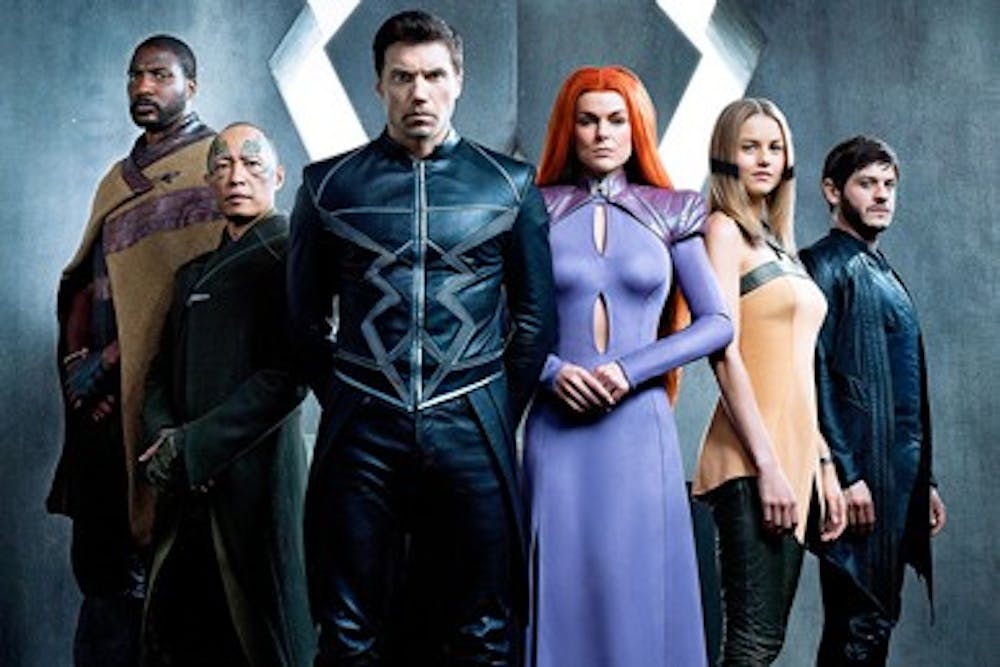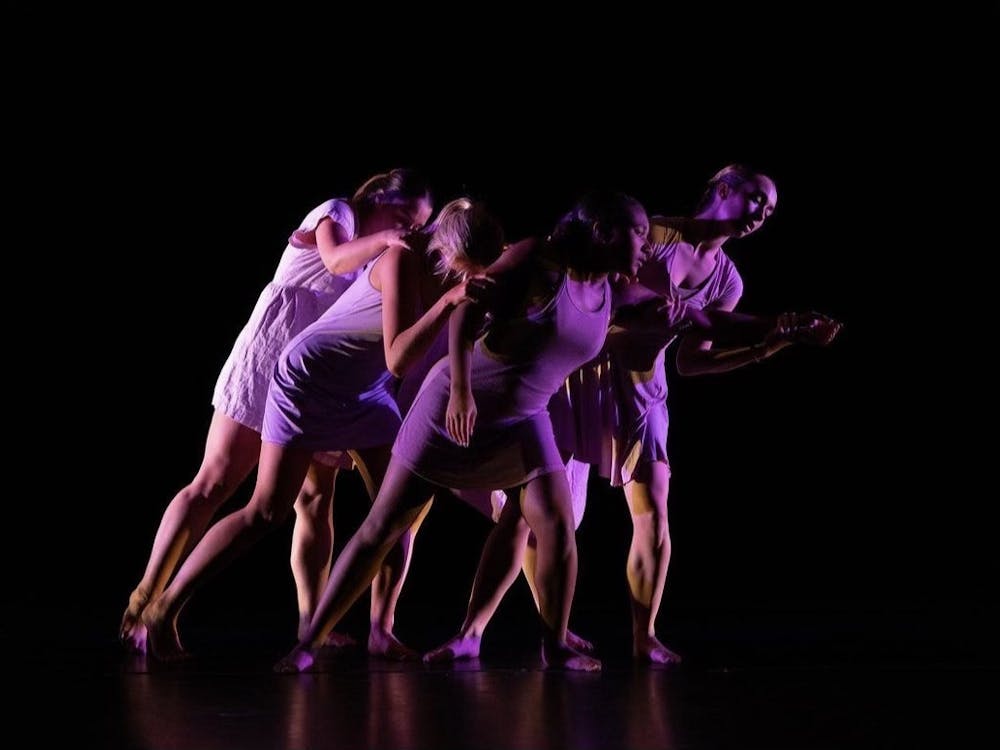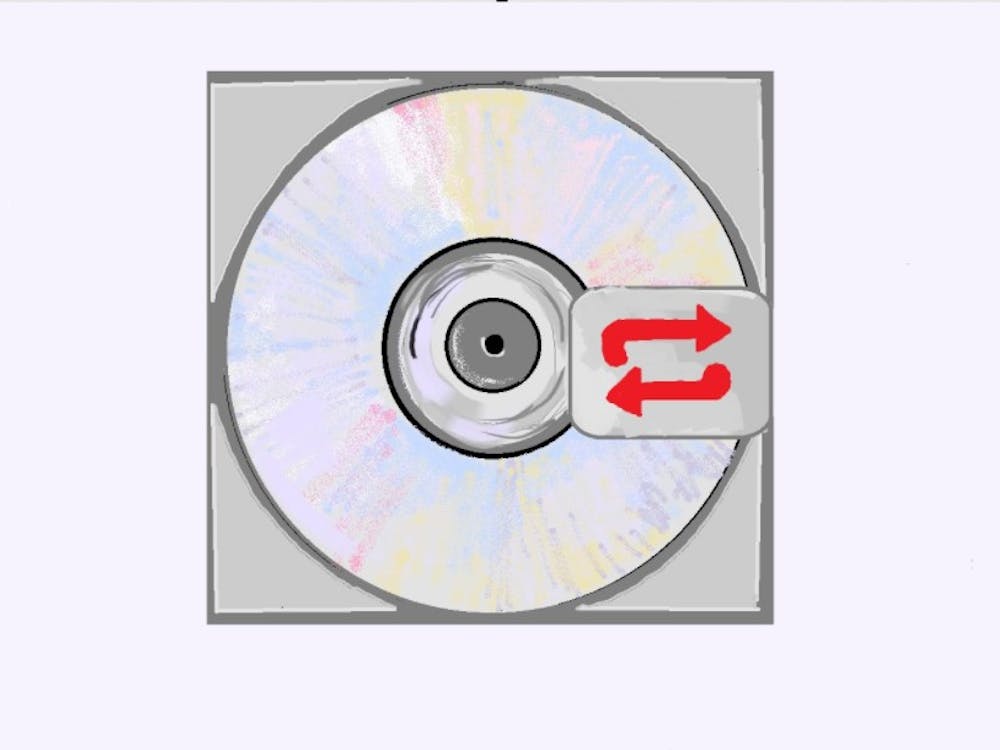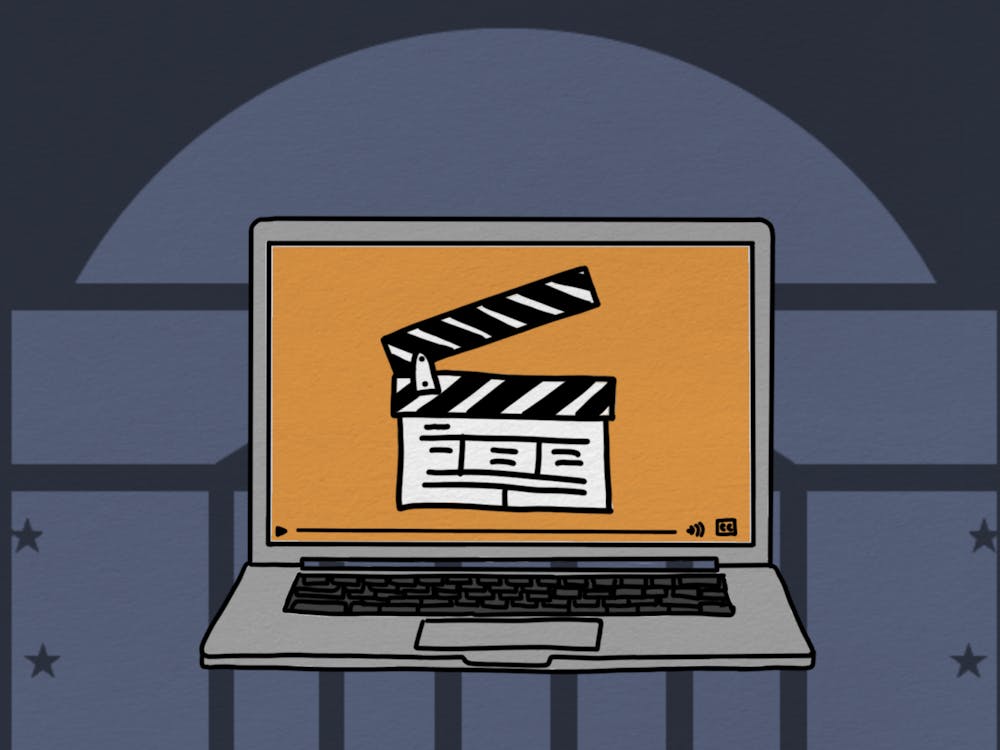Since the release of “Iron Man” in 2008, Marvel Entertainment has captured audiences critically and financially, kickstarting a decade of comic book-to-movie adaptations.
When Disney acquired Marvel in 2009, it had a $4 billion price tag — a huge financial risk to undertake for a genre with relatively narrow appeal. Recent history has proven, however, that the risk was worth taking — the combined worldwide box office numbers for all major Marvel properties since 2009 cashes in at over $11 billion, and every year since 2010, at least one Marvel property has been among the top 10 grossing movies of the year at the domestic box office.
Marvel’s inevitable foray into television began in 2013 with “Marvel’s Agents of S.H.I.E.L.D.,” a spin-off show about a secret government agency tasked with protecting humanity from supernatural threats. Its run is ongoing on ABC after four moderately successful, 22-episode seasons. In 2015, “Marvel’s Agent Carter” enjoyed two eight-and-ten-episode seasons, but was cancelled by ABC because of low ratings despite critical praise for the show.
While not entirely void of success, the history of Marvel broadcast television remains bleak. Their most recent effort, “Marvel’s Inhumans,” premiered on Sept. 29 to modest ratings — 3.8 million tuned in — amidst heavy criticism. The two-hour premiere had a previous limited theatrical release in IMAX, but only made $1.5 million at the box office.
Just a few minutes into the premiere, it is clear why “Inhumans” made so little profit and has fared so poorly amongst critics.
The shame in watching “Inhumans” is thinking about how the premise could have been better executed, the narrative better shaped and the script better written. It has no lack of competent actors and features works from beloved source material amongst comic book fans. It has a giant, adorable teleporting dog named Lockjaw — and yet, “Inhumans” serves as a reminder of just how bad comic book properties can be.
On rare occasions, it is possible to ironically enjoy a poorly made television show, but “Inhumans” is so consistently dull and stuffed with weighty exposition that it lends itself more to confusion than laughter. The script comes off as oddly juvenile and informative without any self-awareness and absolutely no hint of self-deference. Actors fight an uphill battle attempting to deliver lines without sounding like teenage boys acting out a scene from their favorite issue.
The only performance saved from this blight is Black Bolt (Anson Mount), simply because the character remains mute. His voice has the power to destroy an entire city with a mere whisper, a character trait viewers are grateful for.
The comic book adaptation era began because filmmakers like Jon Favreau of “Iron Man” and Christopher Nolan of the “Dark Knight” trilogy saw the genre as, among other things, full of opportunity for character development and exploration, exciting action and captivating special effects. “Inhumans” fails on all these counts. While there is opportunity for character development throughout the rest of the series, the initial introductions of Black Bolt, Medusa (Serinda Swan) and Maximus (Iwan Rheon) rely on predictable archetypes, more reminiscent of action figures than motivated characters.
Not every comic book property needs computer-generated special effects. In fact, Marvel’s partnership with Netflix has proven that a story with a smaller scale — in shows like “Daredevil,” “Jessica Jones” and “Luke Cage” — can operate with a tighter budget and maintain professional quality without relying heavily on CGI. “Inhumans” goes in the opposite direction.
The effects in “Inhumans” turn what could be appealing features of the show into unfortunate distractions. Medusa’s floating, red, villain-fighting hair is one such example and the animation of Lockjaw counts as another. Most of the special effects mishaps can probably be blamed on a limited budget for television, but a mere explanation does not negate the visually unappealing final product.
Besides the massive technical issues “Inhumans” must address if it is miraculously granted a second season, it has abundant thematic issues to address as well. A questionable premise undercuts any positive improvements to the writing style, effects or production design.
The story centers around a colony of Inhumans — people who posses supernatural traits that make them genetically superior to humans — living on the Moon. There, the royal family rules over a strict caste system of genetic meritocracy, giving power to those deemed worthy and subjecting everyone else to work in dangerous moon mines. The king, Black Bolt, and his allies are challenged by a would-be-usurper — the king’s brother, Maximus — who argues against the systemized oppression and for a return to Earth, where everyone can live freely.
Maximus is the bad guy, by the way.
Maybe this show will serve as a metaphor for the dangers of radical populism. Maybe Black Bolt will realize that an absolute monarchy presiding over a virtually enslaved populus has troubling moral implications. Before any of this happens, “Inhumans” should focus on production design that doesn’t resemble the year 2005 and limiting writing that inspires baffled expressions on viewer’s faces and exasperated shouting at the screen.





